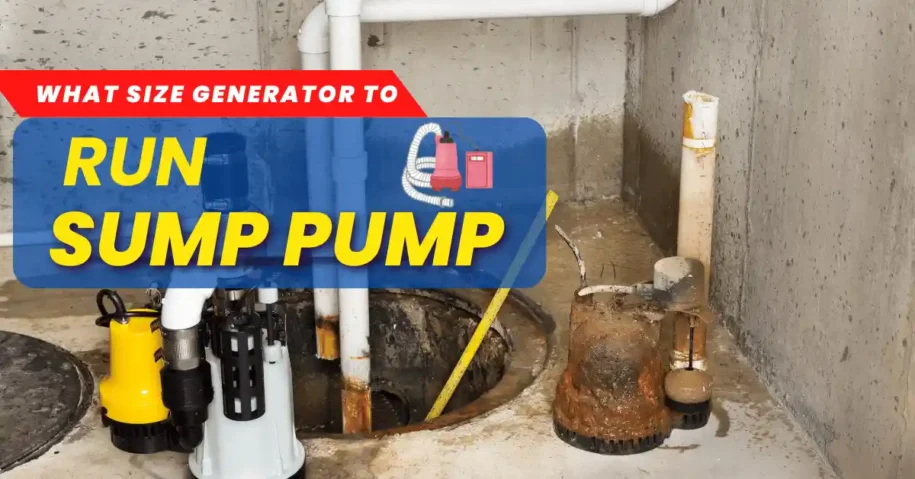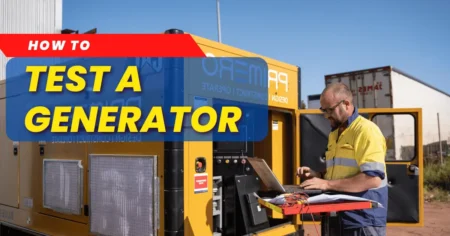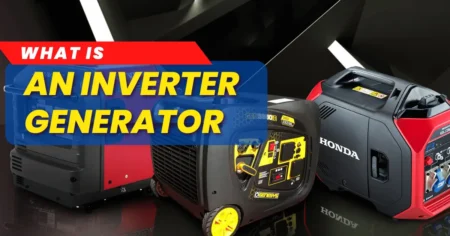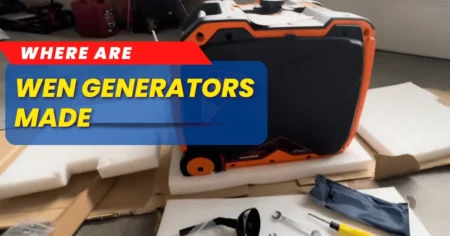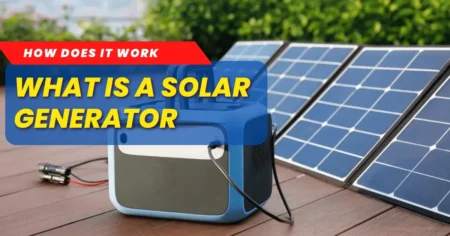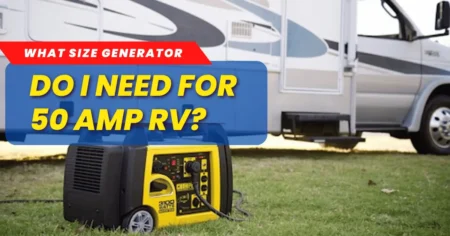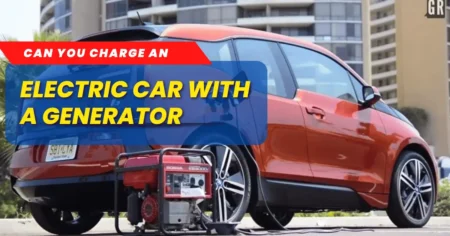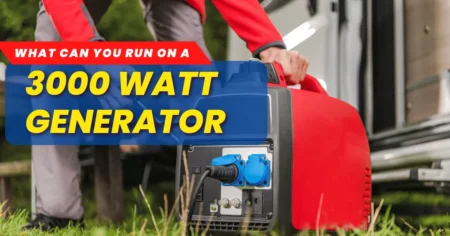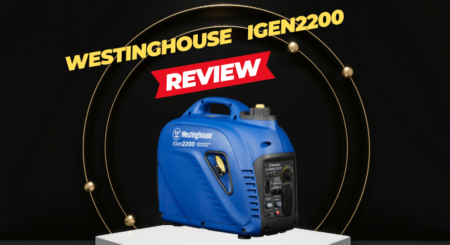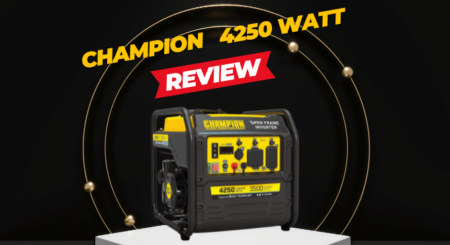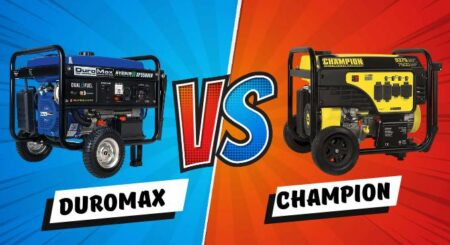Do you need a generator to run your sump pump? This comprehensive guide will help you determine the correct size generator for your needs. A sump pump is crucial for keeping your basement dry. It pumps out water that collects in a sump basin. However, what happens when the power goes out? That’s where a generator becomes essential.
Why You Need a Generator for Your Sump Pump
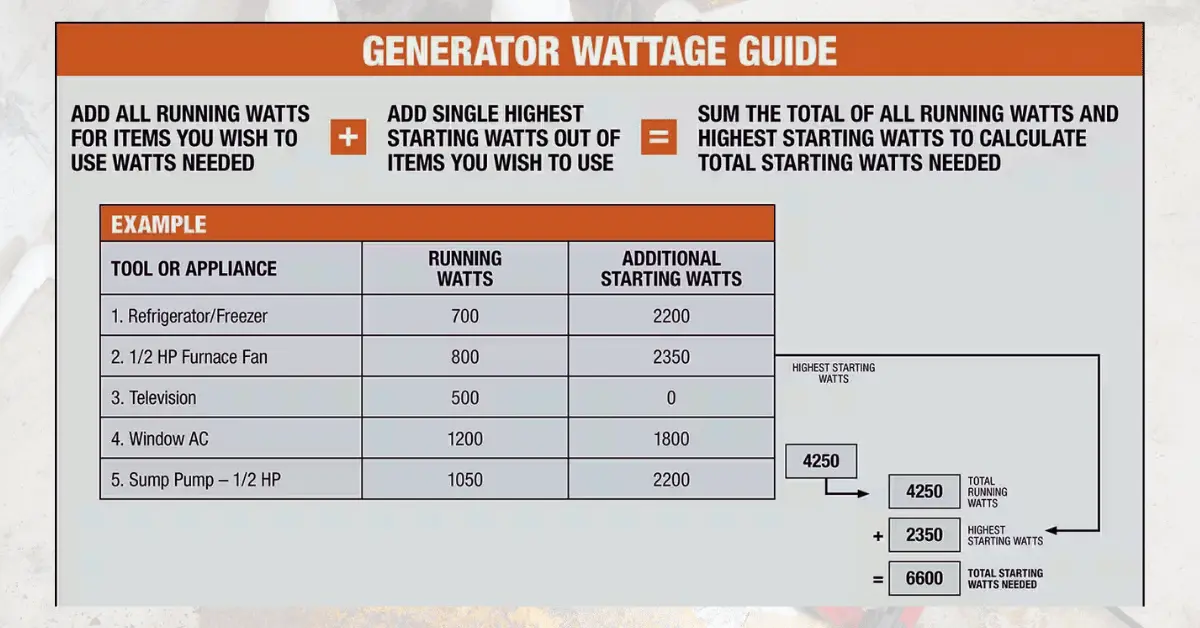
Power outages can happen unexpectedly, and they are especially common during storms. If your sump pump stops working due to a power outage, your basement can flood, causing significant water damage to your home. A generator ensures your sump pump remains operational during these times, protecting your home from potential water damage.
How to Find the Right Size Generator
Finding the correct size generator is vital. If the generator is more significant, it will provide enough power. If it’s smaller, you’ll spend more money than necessary. Follow these steps to find the right size generator for your sump pump:
- Check the Sump Pump’s Power Needs
- Calculate the Starting and Running Watts
- Choose a Generator That Meets These Needs
Check the Sump Pump’s Power Needs
First, examine your sump pump to determine its power requirements. Look for the power information on the label, which typically includes horsepower (HP), watts, or amps. Most sump pumps range from 1/3 HP to 1 HP. Here’s a helpful table:
Sump Pump HPWatts Needed
1/3 HP 800-1300 Watts
1/2 HP 1000-1500 Watts
3/4 HP 1500-2000 Watts
1 HP 2000-2500 Watts
Calculate the Starting and Running Watts
Sump pumps require more power to start up, known as starting watts. Once running, they use less power, known as running watts. To calculate these:
- Find the running watts from the pump’s label.
- Multiply the running watts by 3 to determine the starting watts.
For example, if your sump pump’s running watts are 1000, the starting watts would be 3000 (1000 x 3).
Choose the Right Generator
Now that you know the power requirements, choose a generator that can handle both the starting and running watts.
Example: Choosing a Generator
If a 1/2 HP sump pump needs 1500 running watts, the starting watts would be 4500 (1500 x 3). Therefore, you should select a generator that can handle at least 4500 watts.
Types of Generators
There are two main types of generators to consider: portable and standby.
Portable Generators
Portable generators are smaller and easier to move and store. They are generally less expensive than standby generators and are ideal for short power outages. However, they must be manually set up and refueled when the power goes out.
Standby Generators
Standby generators are more significant and installed permanently at your home. They start automatically when a power outage occurs and typically run on natural gas or propane. While more expensive, they are more convenient and reliable for long-term power outages.
Frequently Asked Questions
What Size Generator for a Sump Pump?
A 3,000-watt generator can run a sump pump efficiently.
Can a 2,000-watt Generator Run a Sump Pump?
Yes, a 2,000-watt generator can run a sump pump, but always verify the specific wattage requirements of your sump pump first.
How Many Watts Does a Sump Pump Need?
Depending on the horsepower, sump pumps typically need between 800 and 2,000 watts.
Is a Portable Generator Enough for a Sump Pump?
Most portable generators can power a sump pump, provided they meet the wattage requirements.
Conclusion
Choosing the right size generator for your sump pump is crucial to ensure it operates during power outages, keeping your basement dry and protecting your home from water damage. Begin by checking your sump pump’s power needs, calculate the starting and running watts, and select a generator that meets these requirements. With this knowledge, you can confidently keep your home safe from flooding, even when the power goes out.
Additional Considerations
When selecting a generator, consider the fuel type. Most portable generators run on gasoline, but some can use propane or natural gas. Each fuel type has its pros and cons. Gasoline is widely available but has a shorter shelf life. Propane burns cleaner and has a longer shelf life, but storing it can be more challenging. Natural gas is convenient for standby generators, as it is supplied directly to your home but may only be available in some areas.
Noise level is another critical factor. Generators can be loud, which could be a concern if you have close neighbors or plan to use the generator in a quiet residential area. Look for generators with a decibel rating that you find acceptable. Inverter generators are more peaceful and fuel-efficient, though they might be more expensive.
Maintenance is also crucial for the longevity and reliability of your generator. Regularly check the oil levels and replace the oil and air filters as the manufacturer recommends. Store the generator in a dry, secure location and run it periodically to ensure it remains in good working condition.
Finally, consider the ease of use and portability of the generator. If you choose a portable generator, ensure it has wheels and a handle for easy movement. For standby generators, ensure they are installed by a professional to guarantee proper setup and safety.
By considering these additional considerations, you can make an informed decision and choose the best generator to keep your sump pump running smoothly during power outages.

